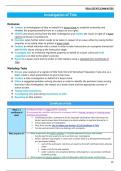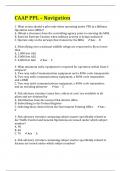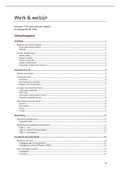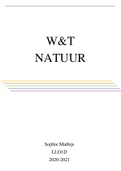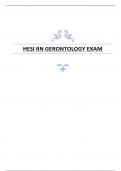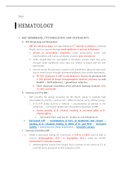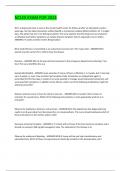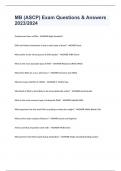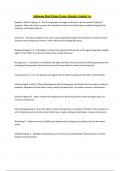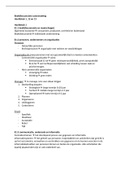Summary
Summary Investigating Title
- Module
- LPC - Legal Practice Course
- Institution
- LPC - Legal Practice Course
LPC Notes - Investigating Title Distinction level notes for Real Estate WS2/3 The University of Law specific (2023) Notes on: - How to Investigate Title - Three Registers Disclaimer - may contain typos, user is advised to make appropriate and suitable updates. Not for resale and/...
[Show more]
